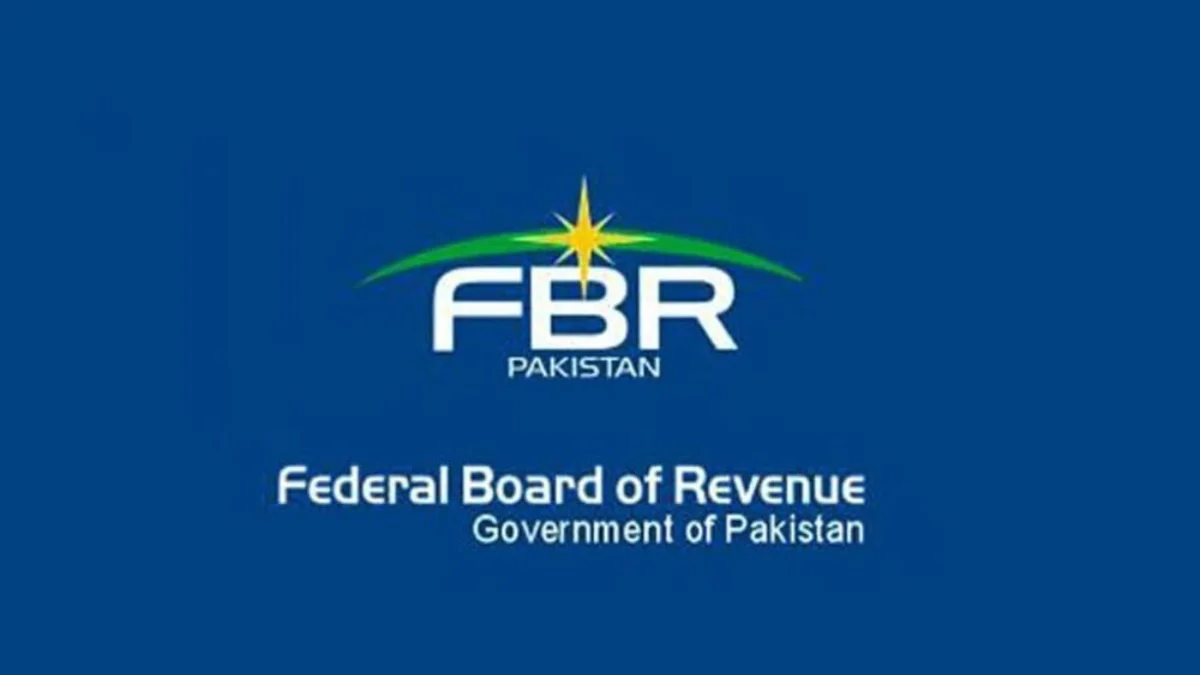In a significant directive, the Prime Minister has instructed the formulation of a comprehensive strategy aimed at cutting government expenditure and modernizing the Federal Board of Revenue (FBR). This move underscores the government’s commitment to fiscal responsibility and enhancing the efficiency of revenue-generating entities.
Key Points:
- Strategic Imperative: The Prime Minister’s directive emphasizes the strategic imperative of reducing government expenditure, aligning with broader efforts to streamline public finances and promote fiscal discipline.
- FBR Modernization: The simultaneous call for the modernization of the FBR reflects the government’s recognition of the pivotal role tax authorities play in revenue collection. Modernization efforts are expected to enhance operational efficiency and effectiveness.
- Fiscal Responsibility: The government’s focus on cutting expenditure resonates with principles of fiscal responsibility, ensuring optimal utilization of financial resources and fostering a sustainable economic framework.
- Efficient Resource Allocation: A comprehensive strategy will likely address the efficient allocation of resources across government departments, minimizing unnecessary spending and redirecting funds towards priority areas.
- Enhanced Revenue Collection: The modernization of the FBR is anticipated to result in improved revenue collection capabilities. This, in turn, contributes to meeting fiscal targets and sustaining economic growth.
- Technology Integration: The modernization process may involve the integration of advanced technologies within the FBR, streamlining tax procedures, reducing bureaucratic hurdles, and enhancing the overall taxpayer experience.
- Operational Streamlining: Efforts to modernize the FBR may include initiatives to streamline internal operations, adopt best practices, and leverage technology for data-driven decision-making.
- Stakeholder Collaboration: The development of the strategy is likely to involve collaboration with stakeholders, including financial experts, policymakers, and representatives from the FBR. This collaborative approach ensures a comprehensive and inclusive strategy.
- Long-Term Economic Impact: The strategy’s overarching goal is to achieve a lasting impact on the country’s economic landscape by fostering financial sustainability, efficient governance, and improved revenue performance.
- Balancing Act: The government’s approach involves striking a balance between fiscal prudence and the need for strategic investments that contribute to long-term economic development.
The Prime Minister’s directive to cut government expenditure and modernize the FBR underscores a commitment to responsible fiscal management and the continual improvement of institutional frameworks. The strategy’s successful implementation is expected to yield positive outcomes for the economy, promoting financial sustainability and bolstering revenue collection mechanisms.
Also Read: 18% Sales Tax: FBR Rejects Proposal for Locally Manufactured Cars





